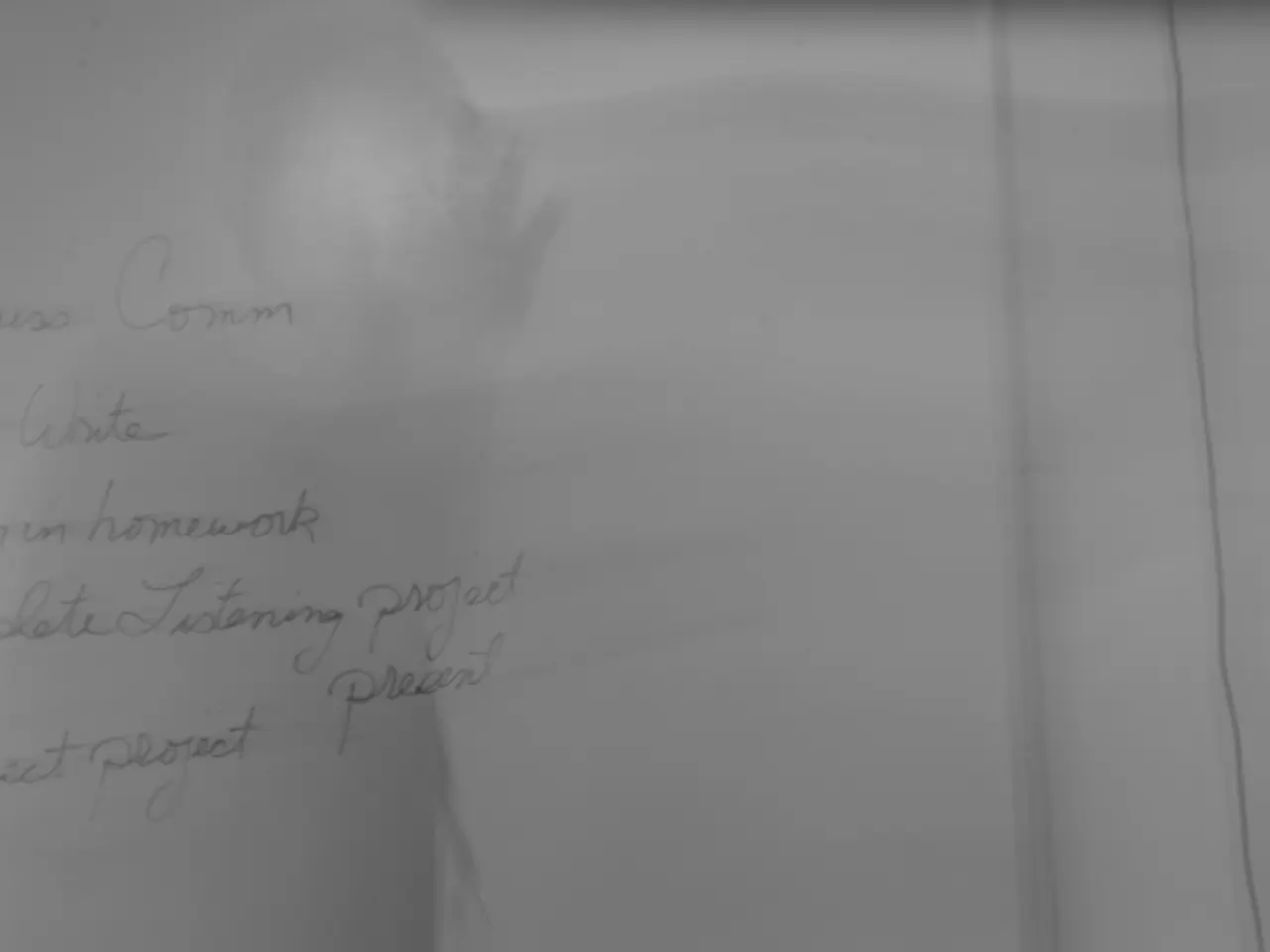Debate on Pension Deficit Calculation Method Resurging
A Tickling Tale of Political Frustration
Pierre Moscovici took to social media, even on a public holiday, to vent his frustrations, explicitly stating that he's "well and truly fed up" due to the "one-man show" that's been causing him and the high court nothing but headaches for nearly two and a half months. This barrage comes hot on the heels of criticisms from a familiar face: Jean-Pascal Beaufret.
Yesterday, on the same platform, Beaufret, a former finance inspector, called Moscovici's statements to the National Assembly "a disaster" regarding pension fund deficits. This latest jab from Beaufret is not just hot air; it's been given shot in the arm by parliamentarians and economists who believe the Court of Auditors isn't telling the whole truth about this matter.
The fireworks started with two reports published by the Court of Auditors on February 20 and April 10. In these reports, requested by Prime Minister François Bayrou, the court revealed that our pay-as-you-go system, before dipping back into the red (estimated to reach a deficit of 8.5 billion euros in 2023), actually had a surplus.
The gist of this spat revolves around concerns about the sustainability and transparency of France's retirement system. With retirement being a hot-button issue plaguing policymakers worldwide, Moscovici's public display of annoyance highlights the political and economic consequences of getting it wrong. Misrepresentations and underestimations of deficits can stall reforms and even mislead the public about the urgency of the situation.
So why the fuss? Critics argue that these reports don't accurately portray the long-term obligations and structural challenges faced by the pension system, making it seem like the system is in a better financial position than it actually is. Transparency is key to ensuring that policymakers tackle the challenges head-on without delay.
Behind the scenes, this spat underscores the broader struggle to reconcile the pension system's financial realities with political will and public expectations[3][4].
[1] While not directly related, pensions systems often face challenges due to factors such as demographic shifts, unfunded obligations, and economic volatility. Moscovici, in his role in economic policymaking, has been at the forefront of addressing these issues.
[2] The term "hidden deficit" in this context often refers to situations where the true extent of a deficit isn't fully disclosed or isn't immediately clear to the public.
[3] Social media has provided a platform for politicians and the public alike to air their views and criticisms, adding a new dimension to political discourse.
[4] Debates about fiscal responsibility and pension liability are complex matters, with far-reaching implications for retirees and the broader economy.
- Pierre Moscovici, despite being a high-ranking official in the financial sector, expressed his frustration on social media, emphasizing his growing discontent over a protracted issue that's been causing him and the court significant trouble for nearly two and a half months.
- Yesterday, Jean-Pascal Beaufret, a former finance inspector, echoed Moscovici's frustrations in a social media post, calling out the National Assembly over pension fund deficits and accusing the court of not telling the whole truth about this matter.
- The source of this dispute centers around concerns about the sustainability and transparency of France's retirement system, with critics arguing that recent reports by the Court of Auditors don't accurately portray the long-term obligations and structural challenges faced by the pension system.
- This ongoing conflict between Moscovici, Beaufret, and the Court of Auditors sheds light on the broader struggle to reconcile the pension system's financial realities with political will and public expectations, highlighting the importance of transparency in ensuring timely actions to address these challenges.




